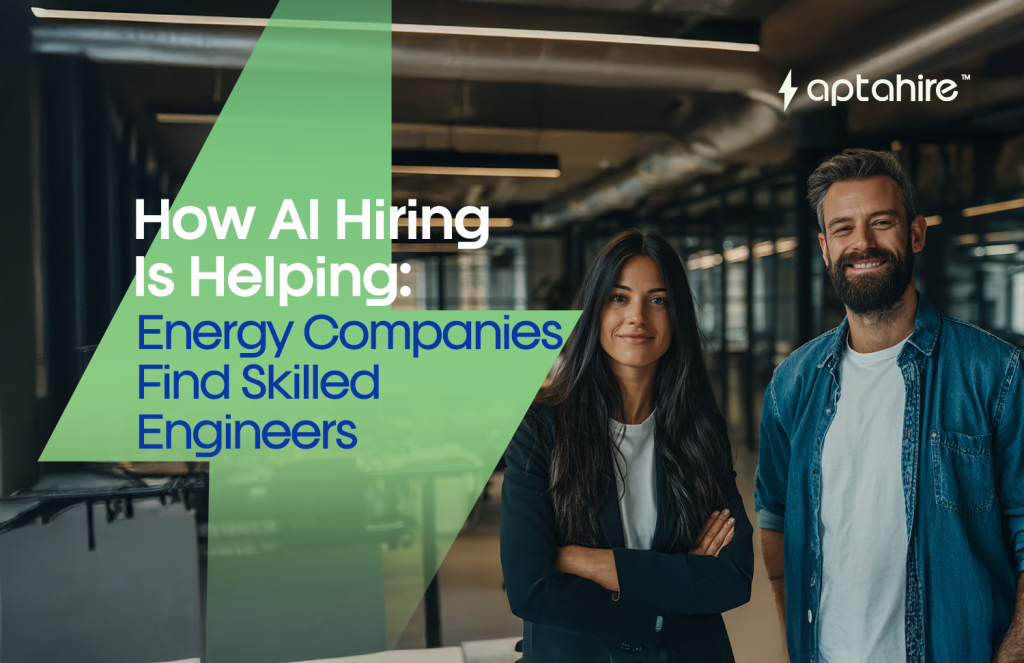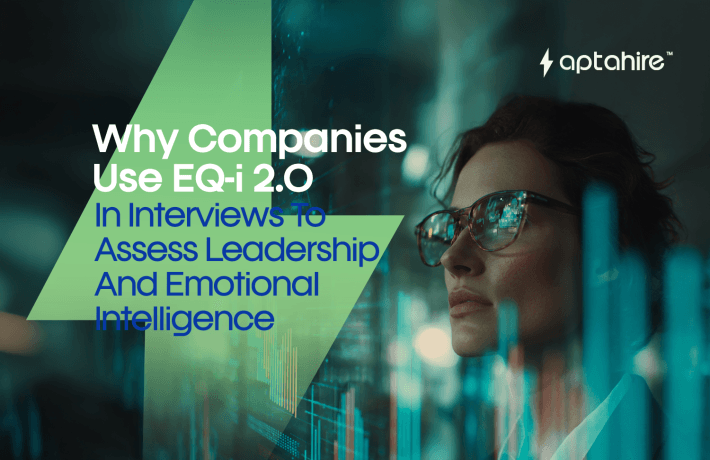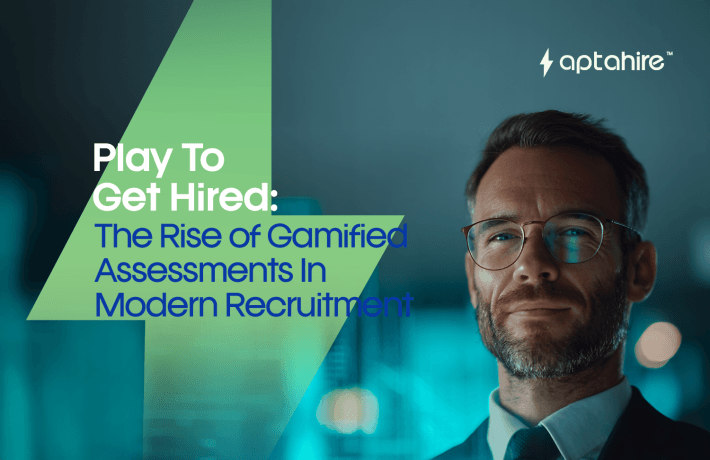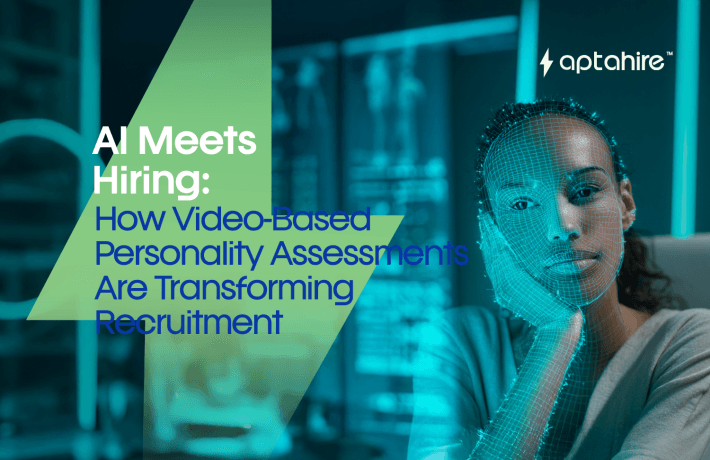How AI Hiring is Helping Energy Companies Find Skilled Engineers

Why Finding Engineers in the Energy Sector Feels Like Chasing Lightning
Hiring skilled engineers in the energy sector isn’t as straightforward as flipping a switch. Whether it’s renewable energy, oil and gas, or nuclear power, these industries demand not just technical expertise but also innovation, adaptability, and safety-first mindsets. And with the global shift towards clean energy and decarbonization, the race to find talent has become even more intense.
Now enter Artificial Intelligence (AI). It’s not just transforming how we power the world, but also how we find the people who make that power possible. From automating resume screening to predicting candidate performance, AI is quickly becoming the best ally for HR teams in energy companies.
So let’s explore how AI hiring is lighting the way (pun intended) in recruiting skilled engineers across the energy landscape.
The Talent Gap Crisis in the Energy Sector
Before we dive into AI, here’s the reality check:
- The International Energy Agency (IEA) predicts that 50 million new clean energy jobs must be created globally by 2030 to meet climate targets.
- In the U.S. alone, clean energy jobs grew three times faster than overall employment in 2023.
- And yet, 73% of energy companies report difficulty finding skilled engineers, especially those with experience in renewable technologies, grid modernization, and energy storage.
The demand is skyrocketing, but the supply of skilled engineers isn’t keeping up.
Enter AI Hiring: A Smarter Way to Source and Select Talent
So, how does AI actually help? Here’s a breakdown of where it steps in:
1. Smarter Resume Screening
Most recruiters in energy companies deal with thousands of applications, many from unrelated industries or roles.
AI tools can parse resumes, understand context (like what “HVDC” means in power transmission), and match candidates based on skills, certifications, and experience levels in seconds.
“We used to manually screen 2,000 resumes for a single wind energy project role. AI cut that down to 200 hyper-relevant candidates.”, HR Manager, Siemens Gamesa
2. Skill-Based Matching, Not Just Job Titles
AI goes beyond labels. A mechanical engineer in aerospace might have 70% of the skills needed for offshore wind engineering, but traditional filters would overlook them.
With AI, systems match based on core competencies (like thermodynamics, materials science, CAD software expertise), giving recruiters a wider, more relevant pool of talent.
3. Reducing Bias and Promoting Diversity
The energy sector still struggles with gender and ethnic diversity, especially in engineering roles.
AI models, when trained properly, can mask identifying information and focus solely on skills and potential, helping companies meet DEI goals.
Bonus: Some platforms also use AI to analyze job descriptions for biased language before posting.
4. Interview Intelligence with Video AI
Many energy companies now use asynchronous video interviews where candidates record answers to technical or behavioral questions.
AI analyzes responses using natural language processing (NLP) and computer vision to assess:
- Communication clarity
- Domain knowledge
- Soft skills like leadership or collaboration
It doesn’t “replace” human interviews, but helps shortlist the most promising candidates quickly.
5. Predictive Hiring and Retention Modeling
Some AI platforms can predict which candidates are most likely to succeed and stay in a role, based on historical data from previous hires.
Example: For offshore oil rig engineers, the AI might detect that people with prior military experience tend to stay longer due to similar working conditions.
This gives hiring teams an edge in both performance and retention planning.
Real-World Impact: Case Studies
Shell’s Use of AI in Hiring
Shell has adopted AI-driven assessments to evaluate early-career engineering talent. Their platform assesses logical reasoning, emotional intelligence, and cultural fit, reducing bias and cutting time-to-hire by 40%.
BP’s Talent Intelligence Platform
BP integrated an AI hiring solution to build talent pipelines for net-zero roles (like hydrogen engineering). They used AI to analyze LinkedIn and GitHub data, proactively reaching out to passive candidates before they even applied.
Benefits for Energy HR Teams
- Speed – Time-to-hire is reduced by up to 60%.
- Accuracy – Better candidate-role alignment leads to higher success rates.
- Scalability – Supports mass recruitment during large-scale energy projects.
- Global Reach – AI can analyze multilingual resumes and international certifications.
- Compliance – Many AI tools are built to align with global hiring laws (GDPR, EEOC, etc.).
Addressing the Concerns: Is AI a Silver Bullet?
Not quite. There are some valid concerns:
- Bias in algorithms – If trained on biased data, AI can still reflect old hiring patterns.
- Overreliance – Human intuition still matters, especially for leadership and culture fit.
- Transparency – Candidates should know how their data is being evaluated.
The key is human-AI collaboration. Think of AI as a co-pilot, it won’t replace recruiters, but it amplifies their impact.
Conclusion: Powering the Future, One Engineer at a Time
The energy sector is going through a transformation, and the race to find the right talent has never been more critical.
AI hiring isn’t just a tech buzzword, it’s a practical solution that’s already delivering results. It helps recruiters look beyond traditional qualifications, cast a wider net, and move faster without compromising quality.
As we shift toward a more sustainable and tech-driven energy future, AI will be the grid that powers people decisions. And for HR teams? It’s not just a tool, it’s a superpower.
FAQs
1. What types of roles in energy companies benefit most from AI hiring?
Primarily engineering roles, electrical, mechanical, civil, renewable energy engineers, project managers, and data analysts.
2. Can AI help find candidates with renewable energy skills?
Yes. AI tools can specifically filter resumes based on experience in solar, wind, bioenergy, or EV infrastructure.
3. Is AI hiring expensive for mid-sized energy firms?
Many platforms offer scalable pricing based on hiring volume. Over time, they help reduce recruitment costs significantly.
4. How do AI tools identify the best engineers?
They analyze resumes, video interviews, coding tests, behavioral traits, and match them against job requirements using algorithms.
5. Does AI eliminate unconscious bias in hiring?
It reduces bias when used responsibly, but requires continuous monitoring and inclusive data training.
6. Can AI hiring work for field or on-site roles?
Absolutely. AI can assess physical availability, past project experience, and certifications required for site-based engineering roles.
7. How secure is candidate data in AI hiring tools?
Top AI platforms follow global data protection standards (like GDPR and SOC2 compliance) to keep data secure.
8. Can AI evaluate soft skills in engineers?
Yes, through video interviews and psychometric tests, AI can assess communication, teamwork, and adaptability.
9. Will AI replace human recruiters in energy companies?
No. AI assists and speeds up the process, but final decisions and cultural assessments still require human input.
10. What’s the future of AI in energy sector hiring?
Expect more predictive tools, real-time labor market insights, and integrations with upskilling platforms to bridge talent gaps.



